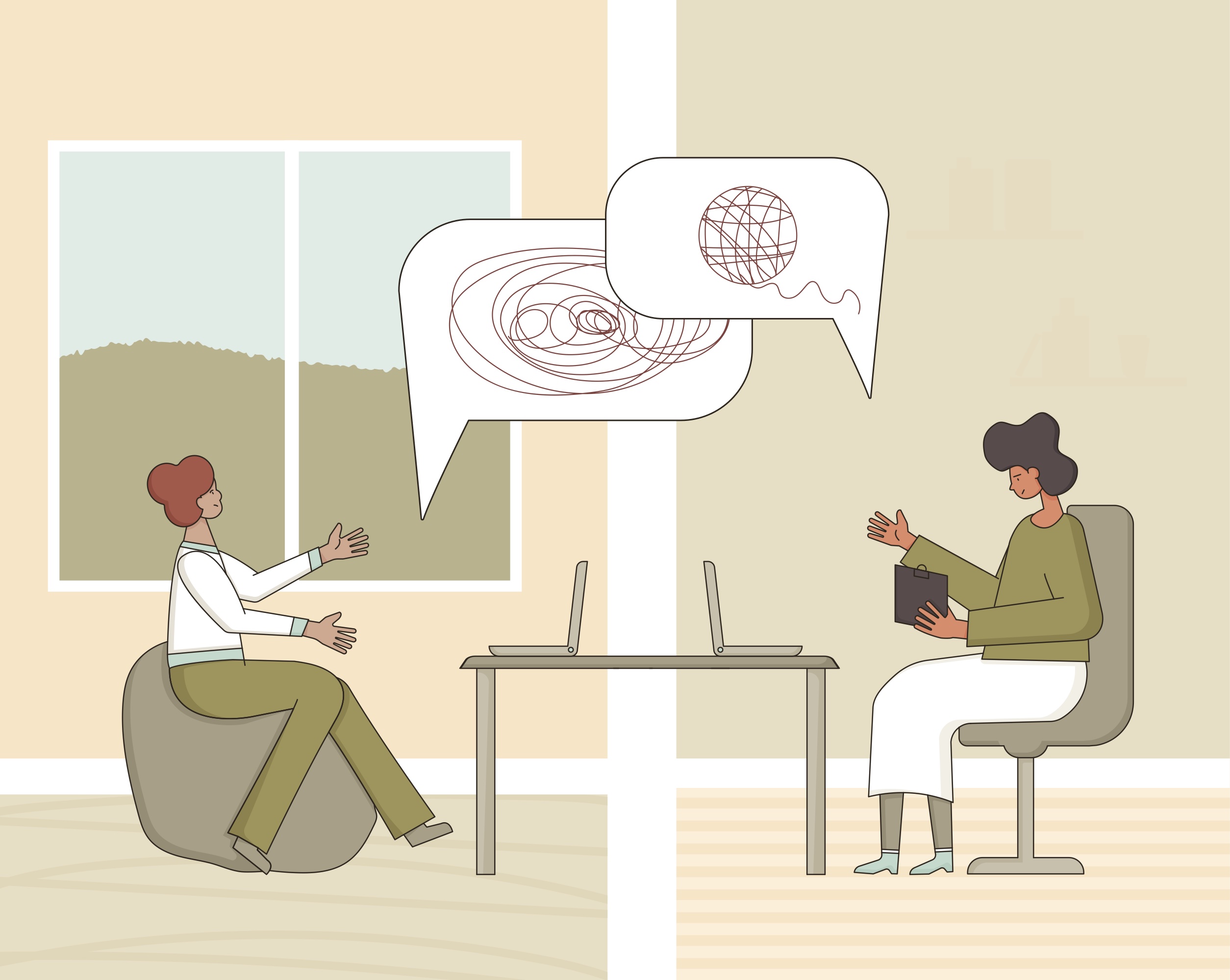Telepsychology… is it here to stay?

MEDHINI RAMESH – COVID sprang the already technology reliant world into the cyberspace environment we know today. Like other healthcare professionals, those in the field of psychology also adapted quickly to quarantine by holding virtual therapy sessions for their clients. As mental health awareness and stress-related anxieties increased, a clear demand for virtual therapy sessions was eminent and multiple mental health companies, like Better Help and TalkSpace, gained traction. Since then, the question on many people’s minds has been whether these appointments are effective and if they are suitable alternatives to in-person therapy here to stay.
The short answer is that more research needs to be collected to confirm the exact effectiveness of telepsychology. Online therapy did not start with COVID, and research has been collected on the effectiveness and realities of this form of therapy for decades prior to COVID. However, research after COVID proves to be more relevant as sample sizes have been significant enough to actually confirm prior research. Research and case studies performed in the last 3 years reveal that there are benefits to attending any form of therapy, whether it may be virtual or in-person. In addition, virtual therapy may appear as the cheaper option when compared to regular therapy sessions, especially when travel costs and time are factored into the comparison. Some people also find that it is easier to talk to someone through an online platform than in-person and find comfort in the distance that online platforms provide. The stigma surrounding the physical act of going to therapy is also reduced when it comes to teletherapy.
Nevertheless, there are still multiple concerns about the online environment of virtual therapy. A major one deals with privacy and HIPAA; since patients are not seen in an office, both the therapist and patient need to be in a secure location that allows them the privacy to share intimate details that one may not share with others present. Additionally, it is difficult to discern the credentials and licensing of the therapist or practitioner in these visits and the quality of therapy is not constant across different platforms. Another hurdle to overcome in this medium of therapy is figuring out how to convince insurance companies to provide similar coverage to telepsychology as they would to an in-person appointment. Some therapy companies do not accept insurance and offer discounts and aid, which is still an imperfect system.
In conclusion, it’s all about what an individual is looking for in a therapist and their personal preferences when it comes to choosing a platform to work on. Since the effectiveness of regular in-person sessions seems to parallel online sessions, many predict that online therapy is here to stay and will grow as more virtual therapy companies expand and find better ways to bring people to their appointments. Who knows, maybe with future technological advancements, such as AI, virtual reality, and holographic calling, online therapy will be able to touch realms we can’t even imagine.
Copy Editor – Jessica Schumaker
Photography Source – https://marshalucasphd.com/part-2-getting-the-most-out-of-your-telepsychology-sessions-or-online-therapy-remote-therapy-distance-online-psychotherapy-teletherapy-telemental-health/
